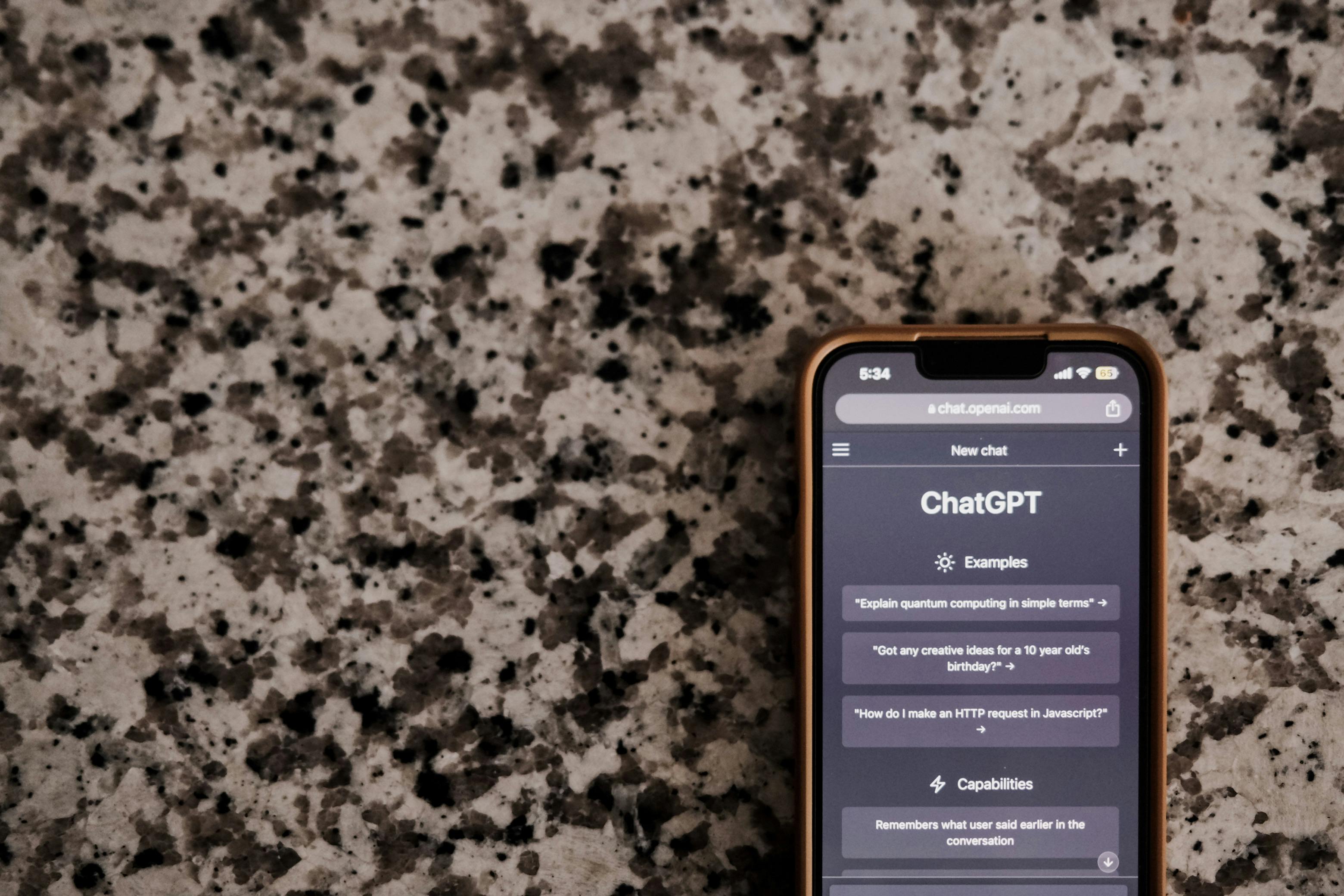Microsoft's Bold Rebranding: Transforming Bing Chat into Copilot to Compete with ChatGPT

Microsoft Corp, a dominant player in the software industry, has taken an audacious step forward in the developing AI sector. The company has rebranded Bing Chat, now introducing it as "Copilot". This strategic development is Microsoft's latest move in the evolving AI chatbot landscape, poised as a formidable competitor against OpenAI's popular service, ChatGPT.
The Emergence of AI and the Impact on Corporate Strategy
Artificial Intelligence (AI) has been permeating various industries at an exponential rate. Consequently, large-scale businesses and tech conglomerates have incorporated AI systems into their product line-up and strategic planning, with the effective use of chatbots being one such method.
Microsoft, an influential figure in the tech world, has acknowledged the potentials of AI and introduced their chatbot, Bing Chat. However, in an effort to revitalize the service's role, Microsoft has boldly rebranded Bing Chat as "Copilot", intending to outdo their rival, OpenAI's ChatGPT.
Microsoft's Copilot: An Innovative Game Changer?
The rebranding of Bing Chat to Copilot is a significant move by Microsoft in the AI sector. This evolution is not just nominal but is accompanied by substantial operational improvements and upgrades. Microsoft has invested in enhancing the chatbot's capabilities, aiming for better operational efficiency and user-oriented experience.
One of the main enhancements is the integration of Microsoft's AI frameworks with Copilot, promising more accurate and efficient conversational abilities. Further, Copilot stands to benefit from Microsoft's vast resources, including its enormous data pool, advanced hardware, and software capabilities, and a well-established research development team.
Is Copilot a Potential Rival for ChatGPT?
OpenAI's ChatGPT is a renowned service known for its advanced conversational possibilities. However, Microsoft's maneuvers suggest that the company aims to directly challenge this dominance in the AI chatbot market with Copilot.
What can be decisive in this competition is the leveraged advantage of Microsoft's extensive resource pool and pre-eminent presence in the global tech industry. Further, Microsoft's efforts to adapt and align their AI systems with user expectations, as shown by the evolution of Bing Chat into Copilot, signal a potent competitor for ChatGPT.
Conclusion: The Future of AI in the Microsoft Domain
It is clear that Microsoft's strategic decision to rebrand Bing Chat as Copilot is a bold move aimed at gaining an edge in the AI landscape. As AI continues to advance and mold the future of tech at large, Microsoft's actions intimate that the company continues to adapt, aiming to leverage its resources to compete with leading AI service providers.
Microsoft's Copilot may mark the dawn of an exciting new era, sparking a potential shift in the chatbot market dynamics. Whether it can outperform OpenAI's ChatGPT will unravel in the future. However, at this juncture, it is evident that Microsoft is not holding back in capturing the potential of AI through innovation, resource utilization, and strategic planning.



